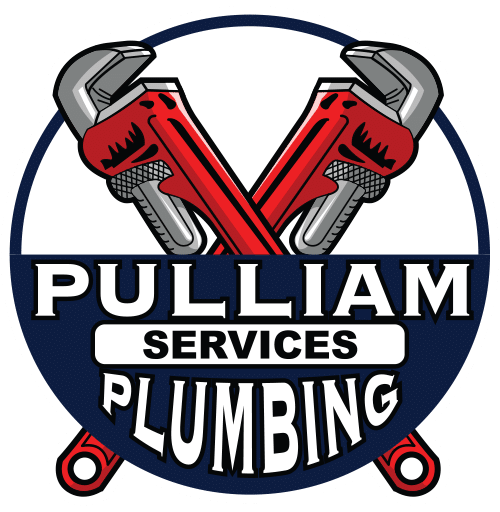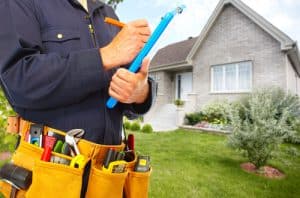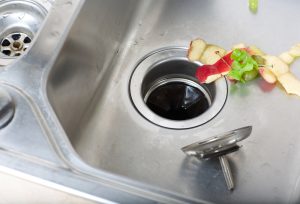Hard water poses several problems for homeowners, including limescale buildup, clogged pipes, and damaged appliances. Installing a water softener is an effective solution to combat these issues by removing minerals and reducing water hardness. As the highest-rated plumbing company in Boerne and Fair Oaks, Texas, we have created this expert guide focusing on water softener installation, maintenance, and the various benefits they offer for your home’s plumbing system.
Throughout this informative guide, we will delve into water softening methods, the benefits of utilizing water softeners, expert tips for successful installation, and essential maintenance practices to keep your system operating at peak efficiency. Our aim is to empower you with knowledge and understanding, so you can make informed decisions and ensure your home enjoys an uninterrupted supply of soft, high-quality water.
Water softeners are an essential component of a modern home’s plumbing system, as they extend the lifespan of water-using appliances, improve the performance of cleaning agents and detergents, reduce energy consumption, and protect your pipes. By investing in a top-quality water softener and adhering to the advice provided in this guide, you can eliminate the inconvenience caused by hard water and maintain a healthy and efficient plumbing system for years to come.
This comprehensive guide will prove invaluable for homeowners looking to install a water softener or seeking advice on maintenance and care. As experienced plumbing professionals, our insights and recommendations are based on first-hand experience and a deep understanding of how water softeners contribute to an efficient home plumbing system. Trust our guidance to help you navigate the complexities of water softener installation, maintenance, and the numerous benefits they provide.
Expert Guide to Water Softener Installation, Maintenance, and Benefits in 2024
The installation of a water softener system in your home can yield numerous advantages, including prolonging the lifespan of appliances, improving water and energy efficiency, and protecting your pipes. This blog article will elaborate on these benefits, as well as provide expert tips on installation and maintenance practices.
1. Understanding Water Softeners and How They Work
It’s crucial to grasp the fundamentals of water softeners and their functions in order to comprehend their significance in your home’s plumbing system. Commonly, water softeners use a process called ion exchange to remove excess minerals, like calcium and magnesium, which contribute to water hardness. As hard water flows through ion exchange resin, these minerals are exchanged with sodium ions, resulting in softened water. Here are some popular types of water softeners:
– Salt-Based: This system involves using salt to regenerate the resin beads responsible for the ion exchange process, ensuring optimal softening efficiency.
– Salt-Free: This type employs a potassium chloride solution, making it a suitable option for those with dietary restrictions or concerns about salt intake.
– Dual Tank: These systems feature two resin tanks, allowing for continuous water softening without any downtime in regeneration.
Understanding the differences between these systems can help you choose the ideal water softener for your specific needs.
2. Unveiling the Benefits of Water Softeners
Installing a water softener can yield a multitude of benefits for your home, including:
– Prolonged Appliance Lifespan: Hard water can cause mineral buildup in appliances like dishwashers, washing machines, and water heaters, shortening their lifespans. Water softeners help extend the life of these appliances by reducing mineral deposits.
– Enhanced Cleaning Performance: Soft water improves the performance of cleaning agents and detergents, resulting in cleaner laundry, dishes, and surfaces.
– Energy Efficiency: Mineral buildup in water heaters reduces their efficiency, forcing them to consume more energy. Water softeners can help lower energy consumption by preventing buildup.
– Protection for Pipes: Hard water buildup can clog pipes and adversely affect water flow. Installing a water softener protects your pipes from this damage, extending their lifespan and maintaining water pressure.
These advantages demonstrate the value of investing in a water softener for your home’s plumbing system.
3. Expert Tips for Successful Water Softener Installation
Proper installation of your water softener is pivotal for optimal performance. Here are some expert tips for a successful installation:
– Choose the Right Size: Select a water softener that is suitable for your household’s water usage and demand. Consider factors like flow rate and the hardness level of your water source.
– Optimal Location: Install the water softener close to your main water line and electrical source to ensure easy accessibility and power connectivity.
– Follow Manufacturer’s Instructions: Adhere to the installation guidelines provided in the manufacturer’s manual, and seek professional assistance if you are unsure.
– Test the System: Run water through the system after installation to ensure proper functioning and check for any leaks.
Following these tips will help achieve a hassle-free installation and improved performance of your water softener system.
4. Essential Maintenance Practices for Water Softeners
Regular maintenance is crucial to ensure the longevity and efficiency of your water softener. Here are some vital maintenance practices:
– Monitor Salt Levels: Check the salt level in your salt-based water softener periodically and replenish when necessary.
– Clean the Brine Tank: Clean the brine tank annually or as recommended by the manufacturer to remove any salt residue or sludge.
– Inspect System Components: Regularly inspect system components like valves, connections, and tubing for proper function and signs of wear or damage.
– Schedule Professional Maintenance: Regular system inspections by a professional plumber can diagnose and address potential issues before they escalate.]
Adhering to these maintenance practices will help maintain the efficiency and reliability of your water softener system for years to come.
Conclusion
Water softeners are an essential investment for modern homes, combating the adverse effects of hard water and contributing to a more efficient and cost-effective plumbing system. By selecting the right water softening system, following expert installation tips, and staying on top of maintenance practices, homeowners can fully capitalize on the advantages that water softeners bring. For assistance with water softener installation, maintenance, and any other plumbing needs, trust our team of the highest-rated plumbers to provide exceptional service and incredible results.




